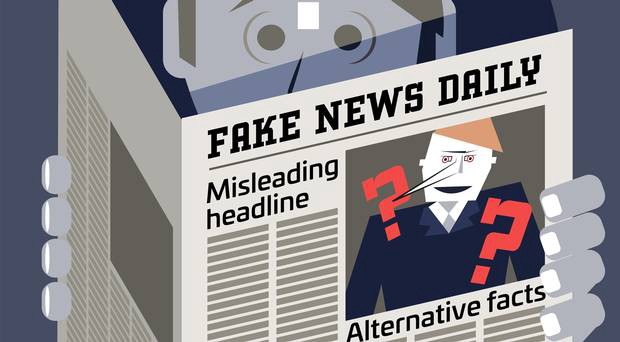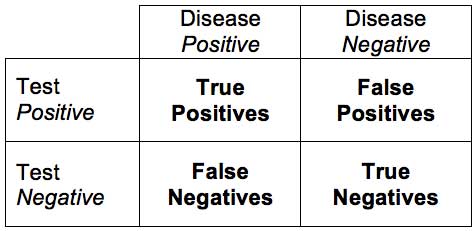May 13 2019
The Ending of Game of Thrones
 <Warning – spoilers galore if you are not up to date>
<Warning – spoilers galore if you are not up to date>
I always knew, deep down, that Game of Thrones (GOT) would not have a happy ending. Once Ned Stark got his head cut off at the end of the first book/season, I think everyone knew this was a different kind of fantasy story. I read the books first, and as I did it became clear that I was reading a tragedy and a horror story, not heroic fantasy.
I have a few thoughts I would like to share as the last episode of the series is ready to air. The people I watch the show with had a range of reactions to the second-to-last episode, but I think it was completely consistent with the story George R.R. Martin has been telling us all along. He has been deconstructing the medieval fairy tale right in front of our eyes, hitting us over the head with the reality that we already know. It’s interesting how difficult it can be for many to just accept that.
The final delusion was that Martin would bring it all back home. In the end the heroes would defeat evil, a good person would sit on the throne, and a golden age would dawn – it’s the Lord of the Rings ending. But come on – didn’t we all know this story was not LOTR?
First, the Night King, the White Walkers, and their army of the dead was always a side show, even if it was the most captivating. Most of the series has focused on the title action – a game of thrones. I liken the Night King to a natural disaster – it’s looming in the background, some are warning of it, but mostly people ignore it while they focus on their short term politics. In the end we are really not prepared when the disaster finally arrives. The living actually straight-up lose the battle of Winterfell. (Don’t get me started on the terrible battle tactics: opening with a frontal cavalry charge, putting your troops outside your own choke point, and not opening with a sustained artillery bombardment, etc. – but that’s a side point.)
I think the lesson there is that death comes for all of us, and the best we can really do when we confront it is to either say, “not today,” or to face it bravely. Somehow life manages to keep crawling forward. It’s like the Plague, in the end it’s a distraction from what we are really interested in, our political battles.

 According to Texas House Representative Jonathan Stickland, Texas pediatricians should mind their own business when it comes to vaccines, which, by the way, are sorcery.
According to Texas House Representative Jonathan Stickland, Texas pediatricians should mind their own business when it comes to vaccines, which, by the way, are sorcery. How much of an influence does the source of information have on our reactions to that information? Not surprisingly, it has a significant effect.
How much of an influence does the source of information have on our reactions to that information? Not surprisingly, it has a significant effect.  Back in the early days of my skeptical career I attended a skeptical conference hosted by CSI (then CSICOP). One panel stuck out, and I still remember some details more than two decades later. This was a panel on extrasensory perception (ESP). The proponent on the panel argued that the research showing that ESP is real shows as much of an effect as the research showing that aspirin prevents strokes. Therefore if we accept one, we should accept the other. Even my nascent skepticism was able to detect that this argument did not hold water, but now I understand why in far greater detail. There are many problems with the claim (such as the quality of the research and the overall pattern of results) but I want to focus on one – the role of prior probability.
Back in the early days of my skeptical career I attended a skeptical conference hosted by CSI (then CSICOP). One panel stuck out, and I still remember some details more than two decades later. This was a panel on extrasensory perception (ESP). The proponent on the panel argued that the research showing that ESP is real shows as much of an effect as the research showing that aspirin prevents strokes. Therefore if we accept one, we should accept the other. Even my nascent skepticism was able to detect that this argument did not hold water, but now I understand why in far greater detail. There are many problems with the claim (such as the quality of the research and the overall pattern of results) but I want to focus on one – the role of prior probability. It’s fairly common knowledge at this point that the polygraph test for detecting who is lying is not reliable enough to be used practically.
It’s fairly common knowledge at this point that the polygraph test for detecting who is lying is not reliable enough to be used practically.  It’s interesting to try to envision the energy infrastructure 50 and 100 years in the future. Which technologies will prove the most cost and carbon effective? Of course, this can be a bit of a self-fulfilling prophesy – the technologies we think will work will be the ones we invest in and develop. This is why I think we should hedge our bets by developing every viable option. Can nuclear fission be made cost-effective? Will fusion ever be practical? How efficient can solar get, and what grid storage options will work best?
It’s interesting to try to envision the energy infrastructure 50 and 100 years in the future. Which technologies will prove the most cost and carbon effective? Of course, this can be a bit of a self-fulfilling prophesy – the technologies we think will work will be the ones we invest in and develop. This is why I think we should hedge our bets by developing every viable option. Can nuclear fission be made cost-effective? Will fusion ever be practical? How efficient can solar get, and what grid storage options will work best? The Navy
The Navy 




